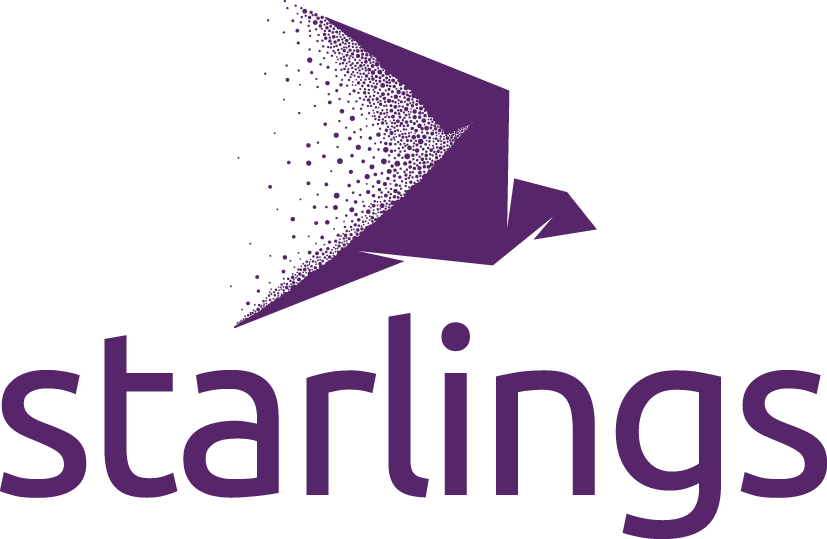
21 Jan Without Data, Your Healthcare Unicorn is just a One-Horned Goat
The practice of modern medicine is built on data. In order to prescribe a treatment or recommend a diagnostic service, your doctor has to have confidence that what they are suggesting will likely work.
Too often, healthcare startups forget that. In a rush to grow, they go big on the razzle-dazzle without backing their incredible claims with proof.
More than $23 billion was spent on healthcare innovations last year, which helps to explain why companies rush to pitch ideas based on fuzzy data — and why investors sometimes buy into the glitz without asking the hard questions. But without data, there is no way to differentiate between a healthcare unicorn and a one-horned goat.
Theranos, a blood-testing start-up that was once valued at $9 billion, had been hailed as the Next Big Thing in healthcare. Today, the company’s CEO Elizabeth Holmes is facing a possible 20-year prison sentence and has been charged by the Securities and Exchange Commission with deceiving investors into believing that its portable blood analyzer could conduct comprehensive medical tests from a few drops of blood.
Theranos’ undoing was its lack of evidence. No matter how bold and outrageous the claim — and no matter how charismatic the CEO — companies that want to change the healthcare game have to realize that healthcare is a science-based industry. And science is based on proof.
This should be duly obvious, but every day the next Theranos wends its way through the offices of the nation’s most prominent VCs. And every day, VCs who should know better bet on the one-horned goat.
In my experience advising both investors and medical startups, I tell people to start with the numbers. Does the data point to a promising future? (Does the company even have any data to offer?)
Weave Data into the Corporate Culture from the Start
If you allow data to guide your business, you will know whether or not what you’re working on has an impact. Importantly, so will your partners and investors.
Digital behavioral medicine pioneer Omada Health nailed this from the get-go. In an article on CNBCnews.com, Omada CEO Sean Duffy wrote, “Immerse yourself in the operational side of innovation. Invest in a technical team to connect systems for real-time eligibility checks and billing through claims. Leverage participant insights to co-develop custom enrollment campaigns that speak to the specific needs of a population that has a very different demographic makeup than your office.”
Duffy continues: “Speed may get you to market first, but intentionality in design and approach drives lasting power.”
Put Thought into It
Even if it’s woven into your corporate culture, gathering and maintaining data is difficult. For one, startups are often too busy fighting for immediate survival to spend much money or effort on data research. And very few investors want to spend their money to fund research.
To obtain the validation you and your investors need, you might want to consider going after grant funding. Grants are time-consuming. Insanely time consuming. But they come with a certain cache, a third-party validation that will blow your competition’s pretty PowerPoint out of the water.
In 2014, Pear Therapeutics was awarded a SMARTCAP grant by the NSBRI Industry Forum Steering Council. The grant allowed the company to go from concept to launch for its prescription digital therapeutics product. In January of this year, the company announced the completion of $64 million in Series C Financing.
Much like a physical drug, a digital therapeutic must run through clinical trials, demonstrate efficacy and meet fundamental safety codes, Pear Therapeutics founder Corey McCann toldMobi Health News. Securing that grant, and a few more like it, allowed the company to prove its efficacy.
Look for Workhorses, Not Unicorns
One of the most dispiriting thing I’ve learned in my time on both sides of the boardroom is that funding things that work isn’t considered “sexy.”
Going back to Theranos, the company had a claim and a narrative so compelling, nobody realized that the data was garbage. By pouring millions into this sinkhole, investors not only lost money, they failed to notice and fund other companies with real, preventative care potential.
Everybody is chasing unicorns — or trying to be one. But to make a significant, meaningful and lucrative impact on healthcare, the best bets are the companies that focus on preventative care and on reducing healthcare costs and usage.
To find those companies, look for promises that are backed up by data — not just glitter and prancing.
Follow us at Medium for more articles.
